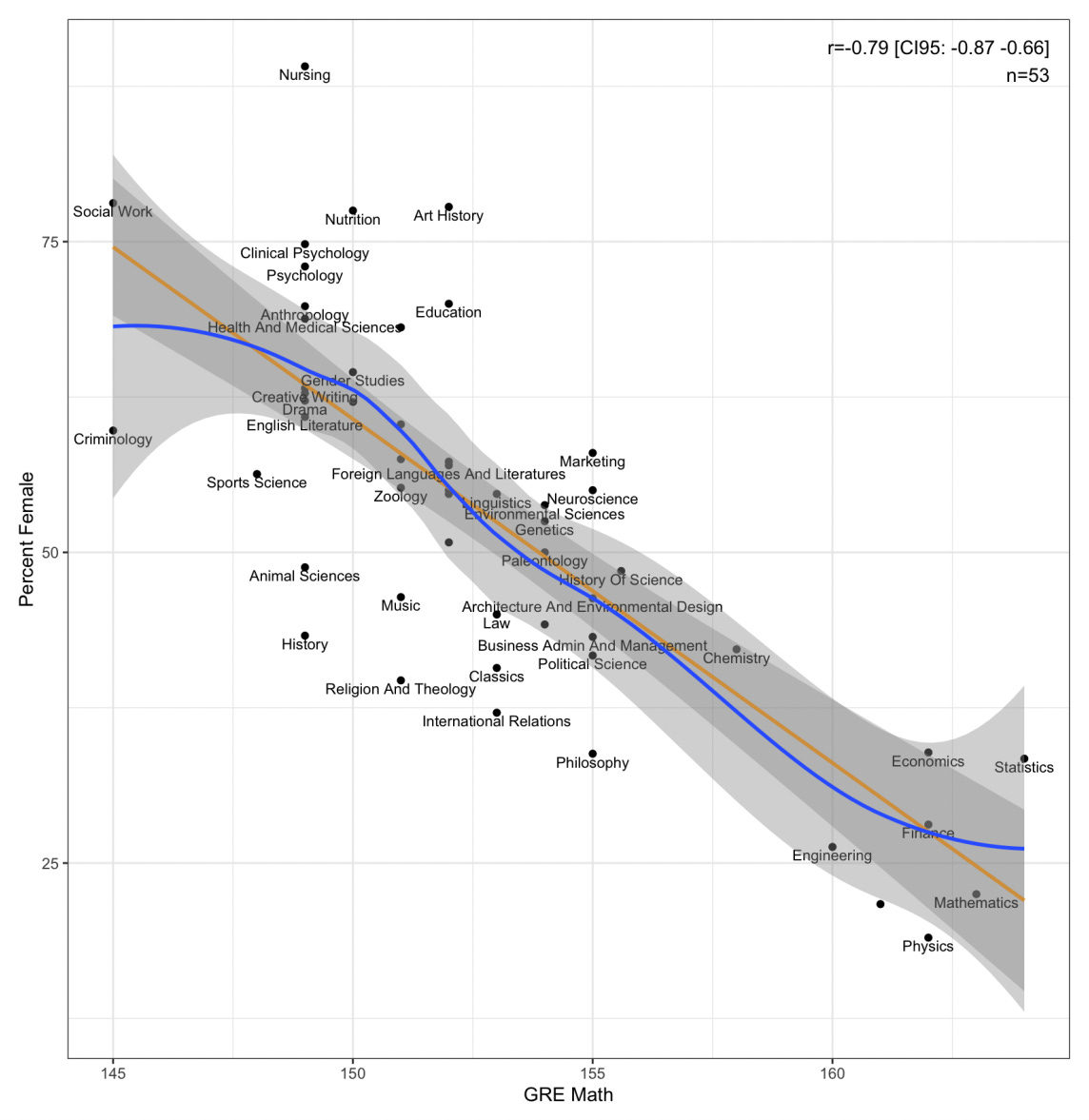Were colonial borders arbitrary?
The most interesting articles that came to our attention this week
The Genetic Basis of Complex Human Behaviors. In a classic article from 1994, Robert Plomin and colleagues examine the genetic basis of human behaviour. They recommend moving beyond the “one gene, one disorder” approach and instead adopting the quantitative trait loci approach. The latter involves searching for many genes each of which is neither necessary nor sufficient for the behaviour in question.
Diversity in STEM: Merit or Discrimination via Inaccurate Stereotype? Joseph Bronski and Emil Kirkegaard respond to a study that claimed women are underrepresented in fields whose practitioners believe innate brilliance is necessary to succeed. They show that the proportion of a field that is female is better predicted by average math GRE score than by average belief in the importance of innate brilliance.

Does Studying Philosophy Make People Better Thinkers? Michael Prinzing and Michael Vazquez examine whether studying philosophy actually makes people better thinkers. They note that while philosophers tend to be more open-minded and better at logical reasoning than non-philosophers, there is scant evidence that studying philosophy accounts for this difference. They present some preliminary evidence for self-selection effects.


